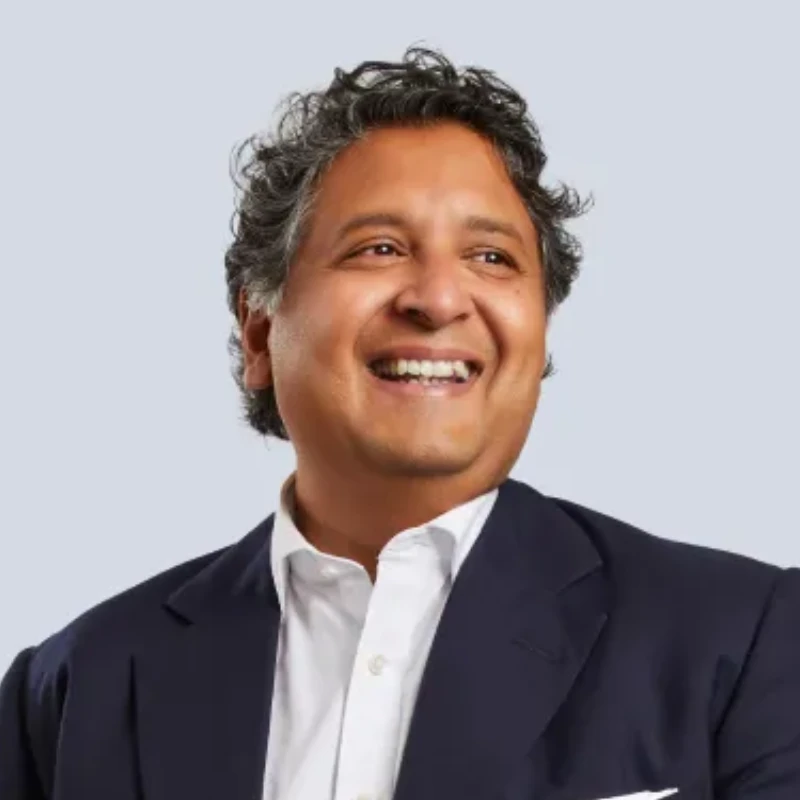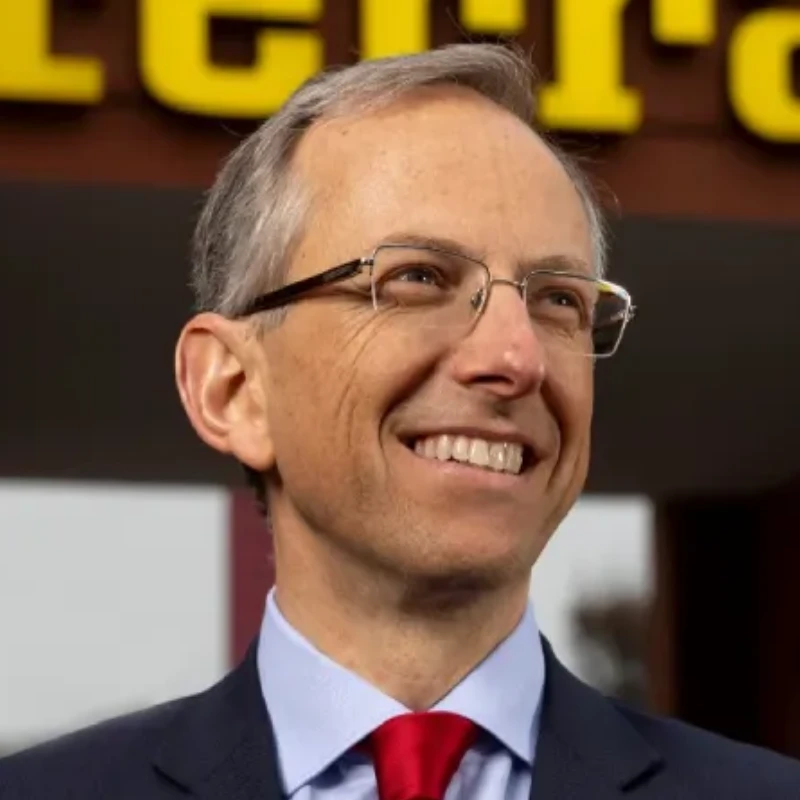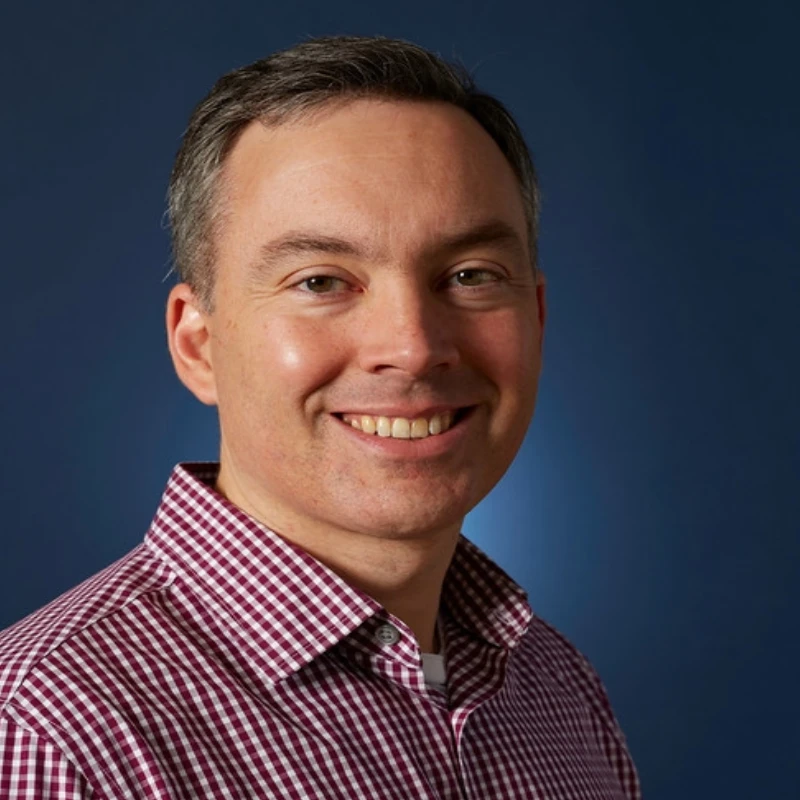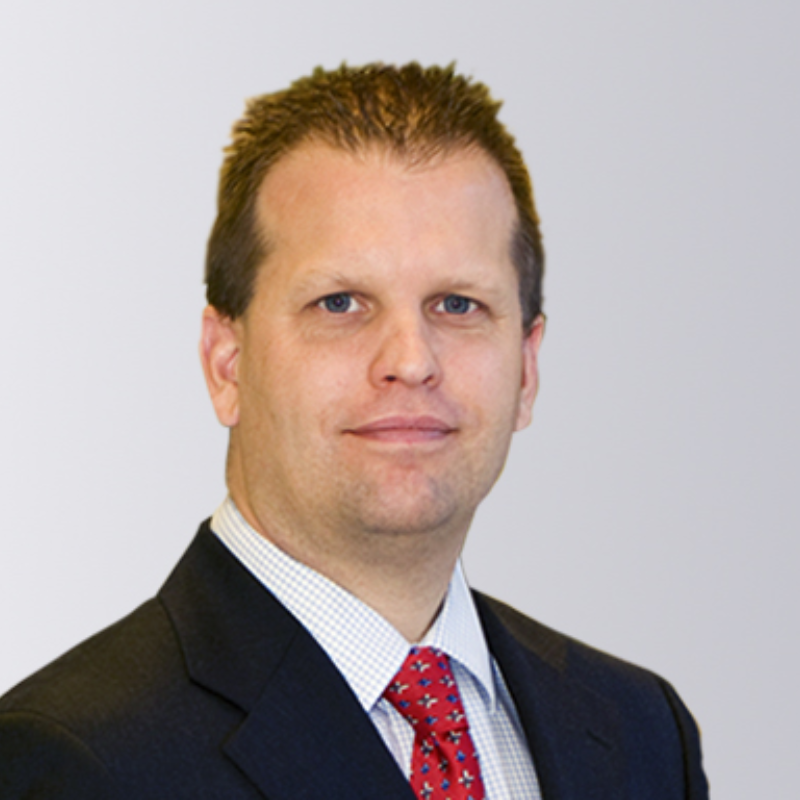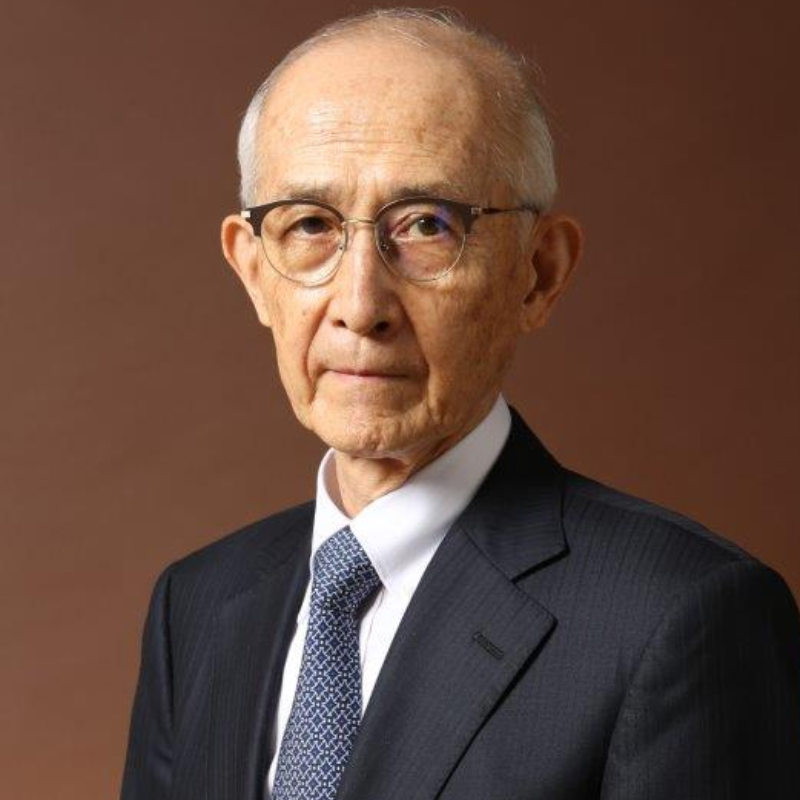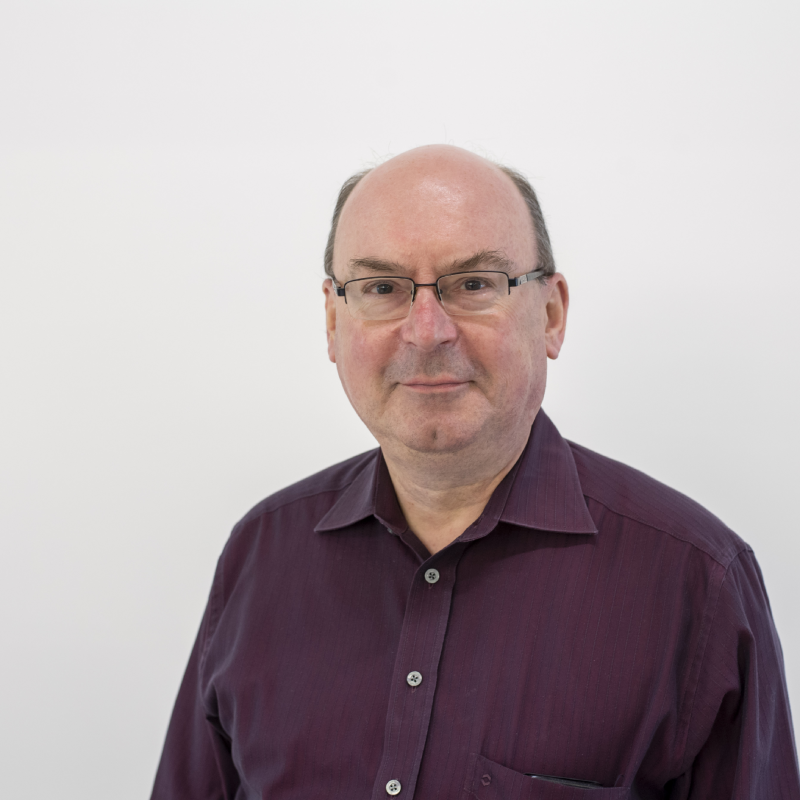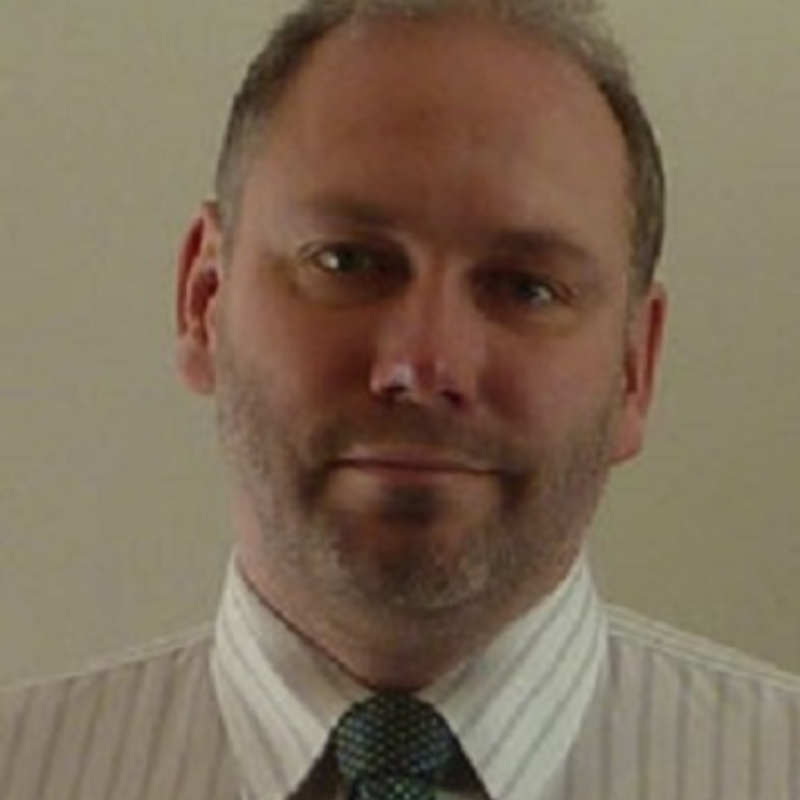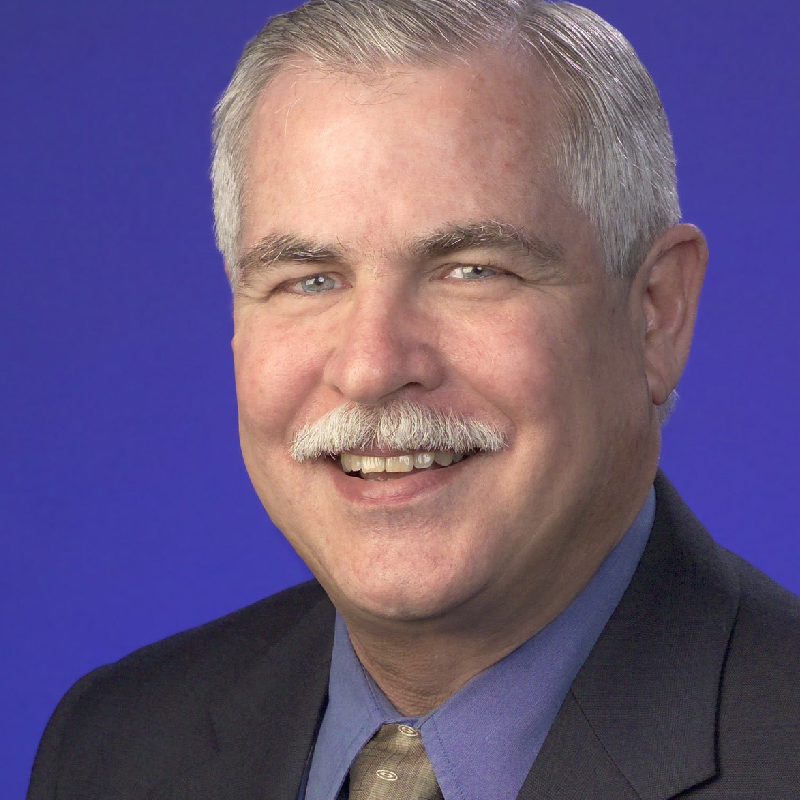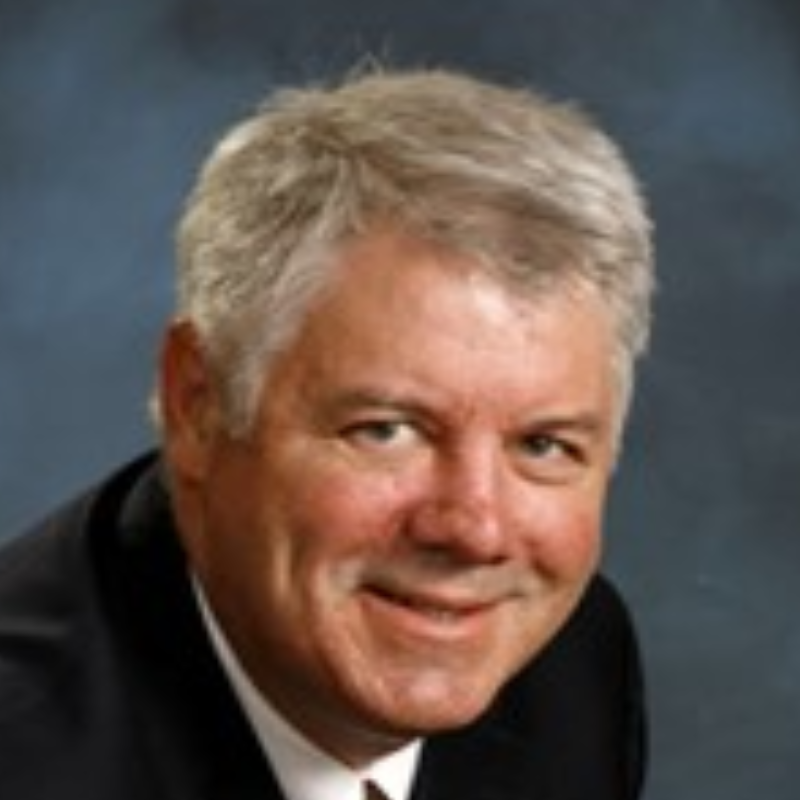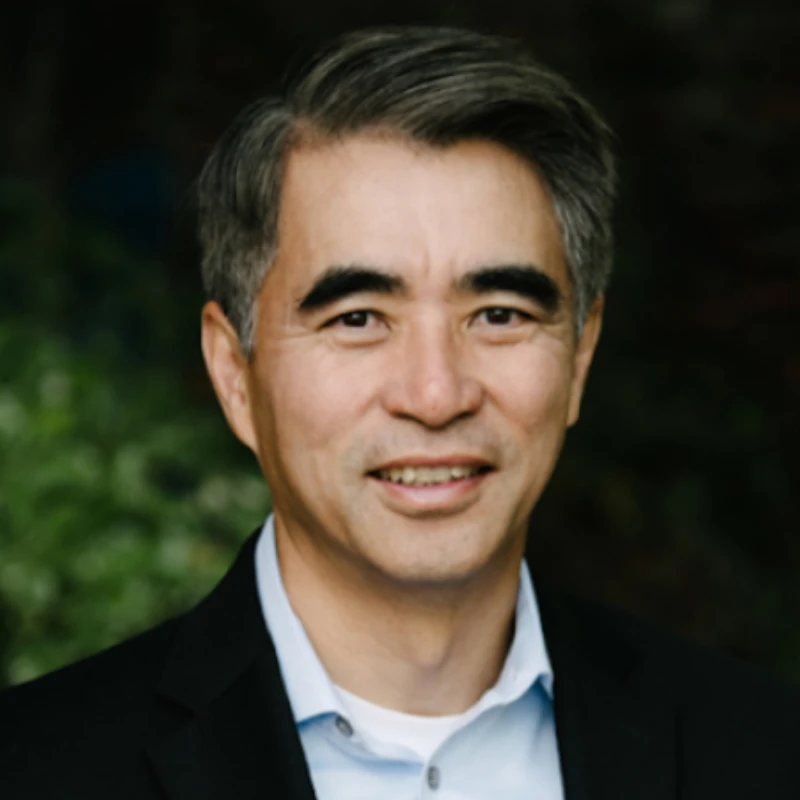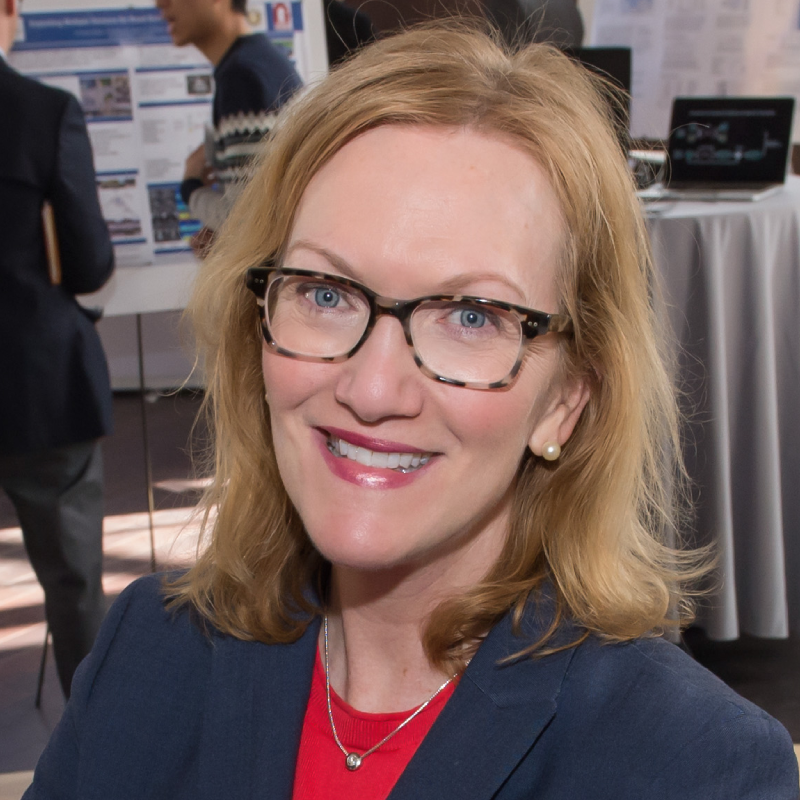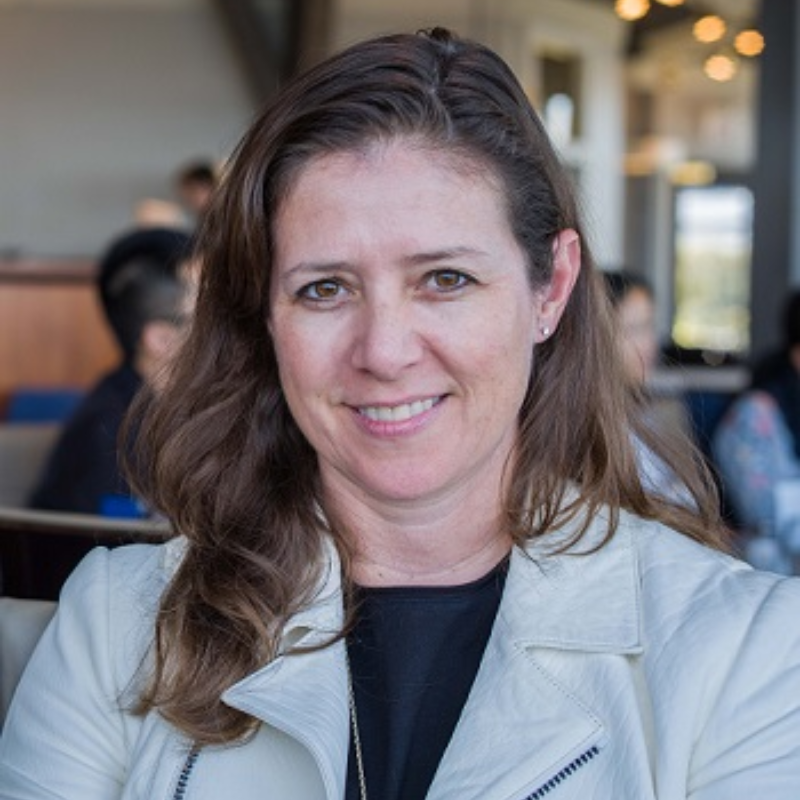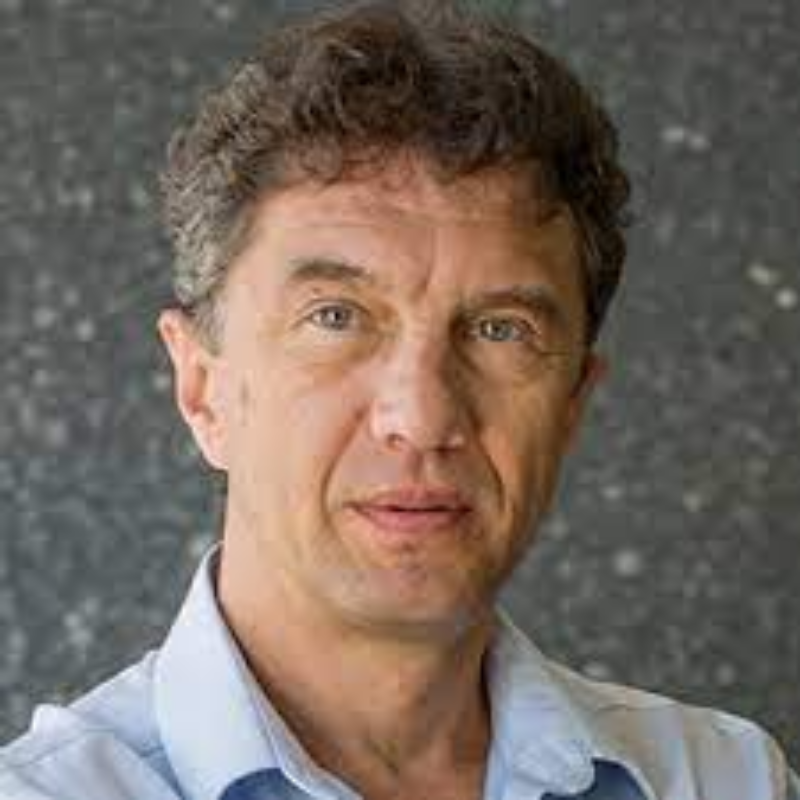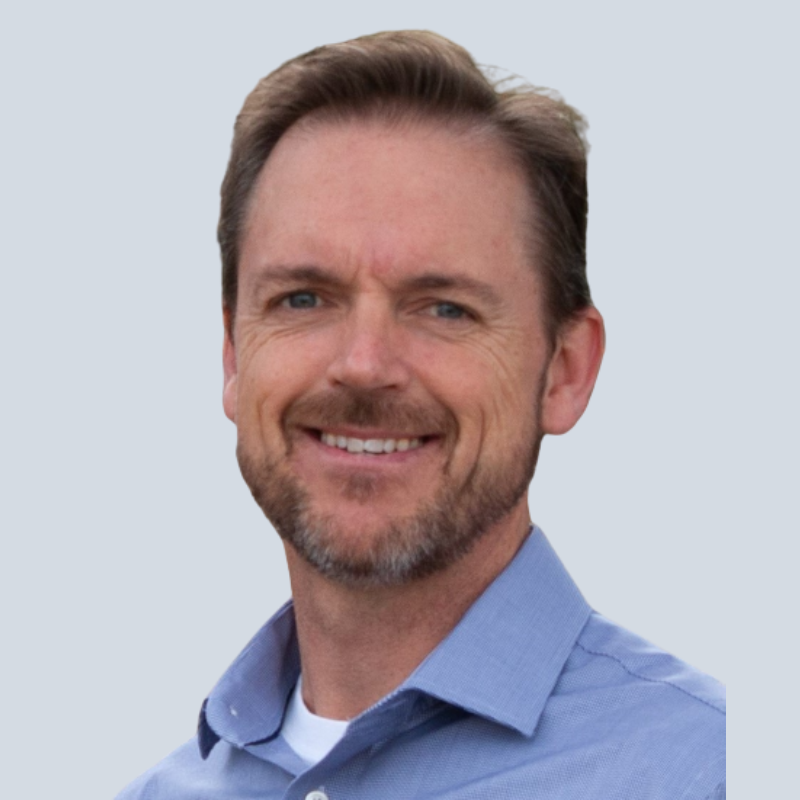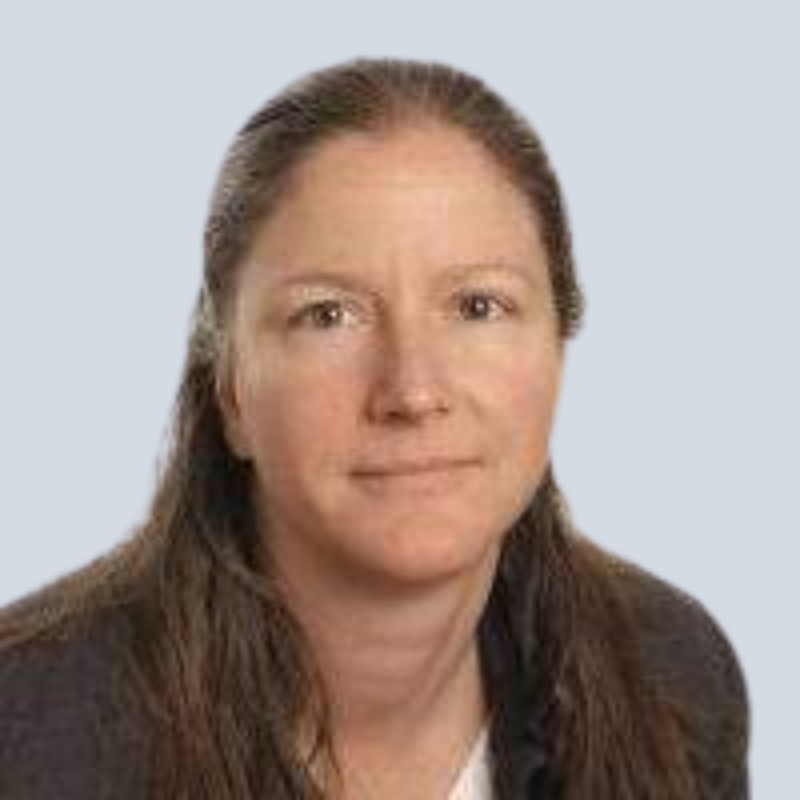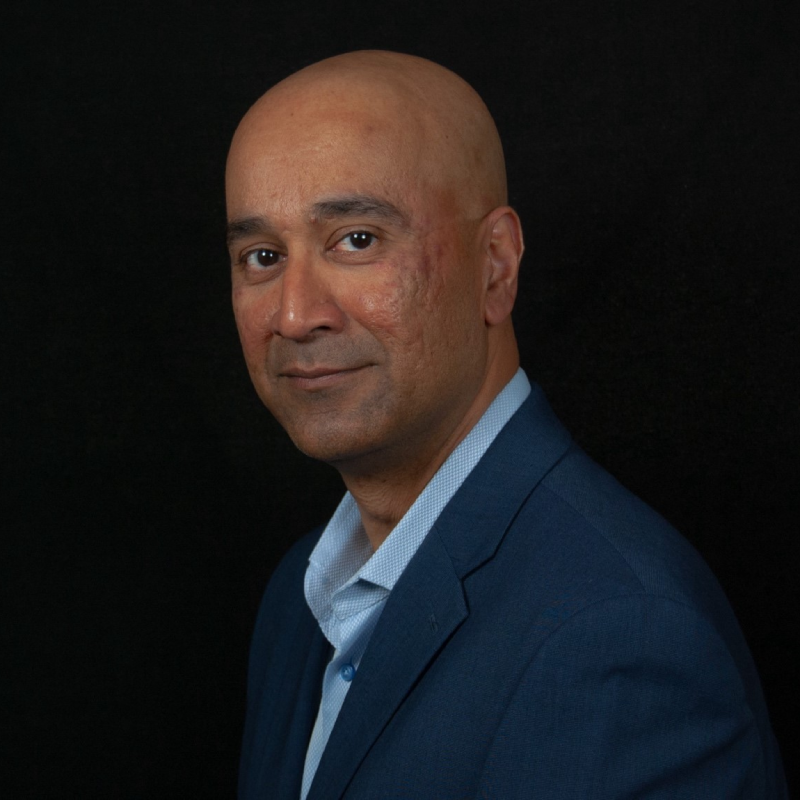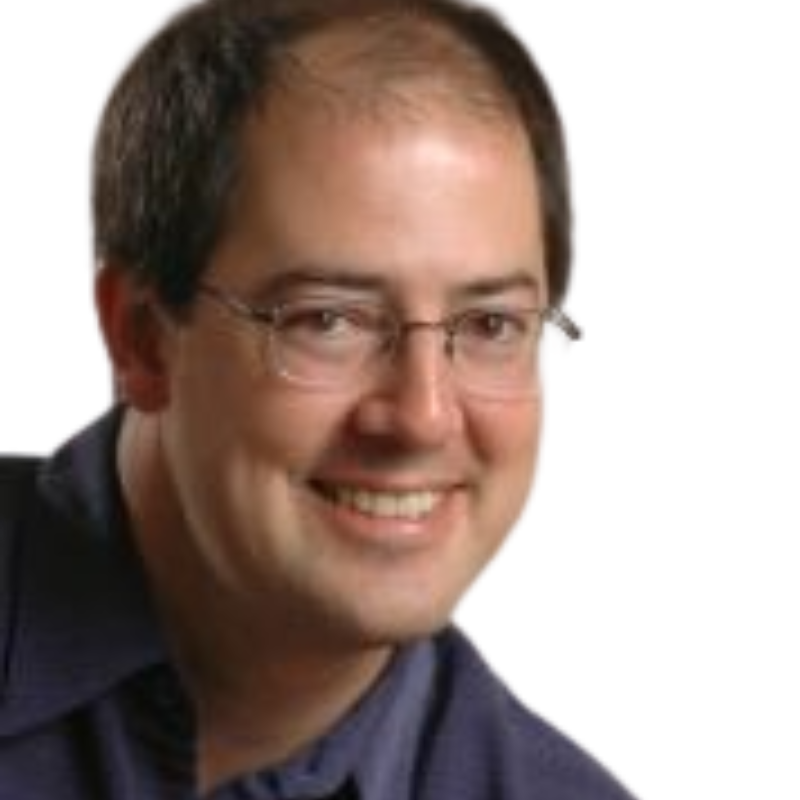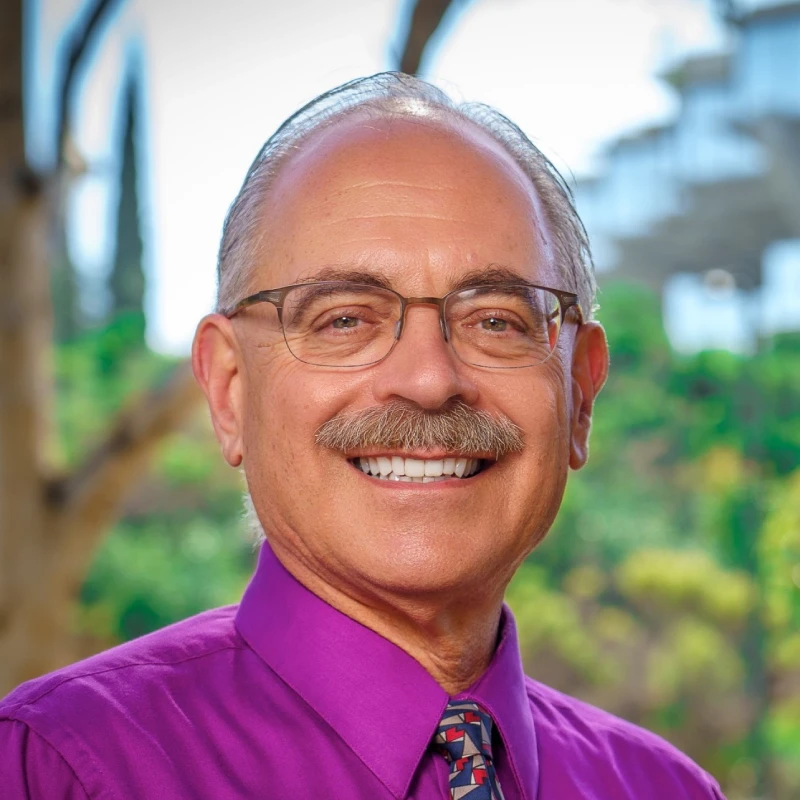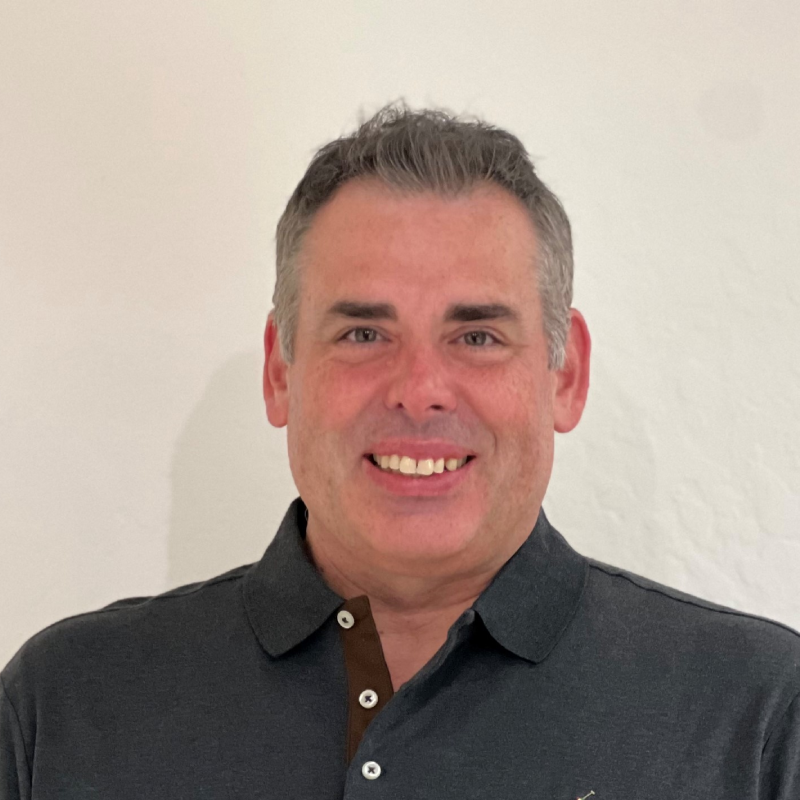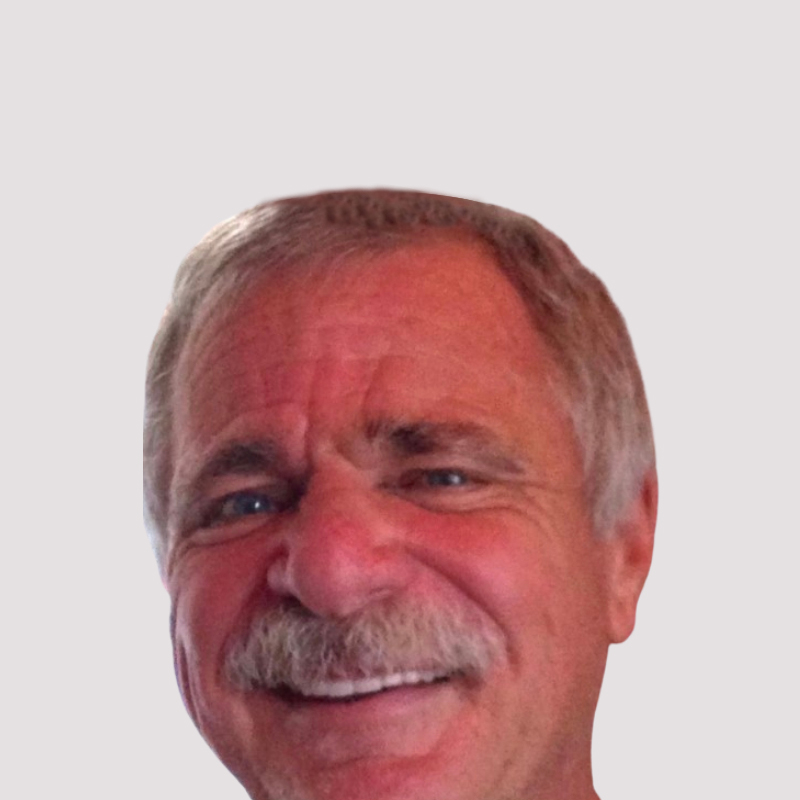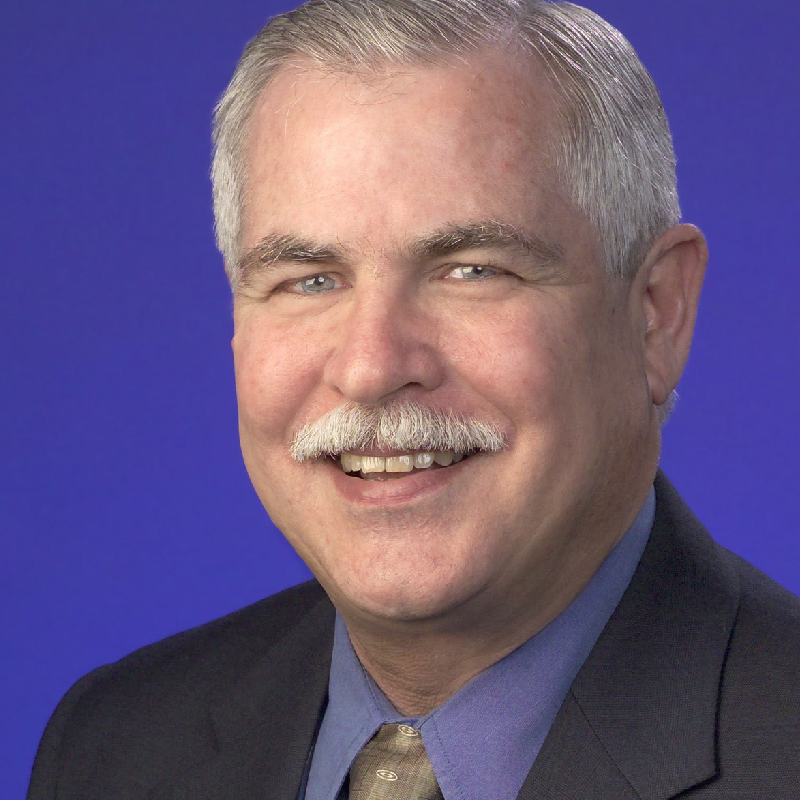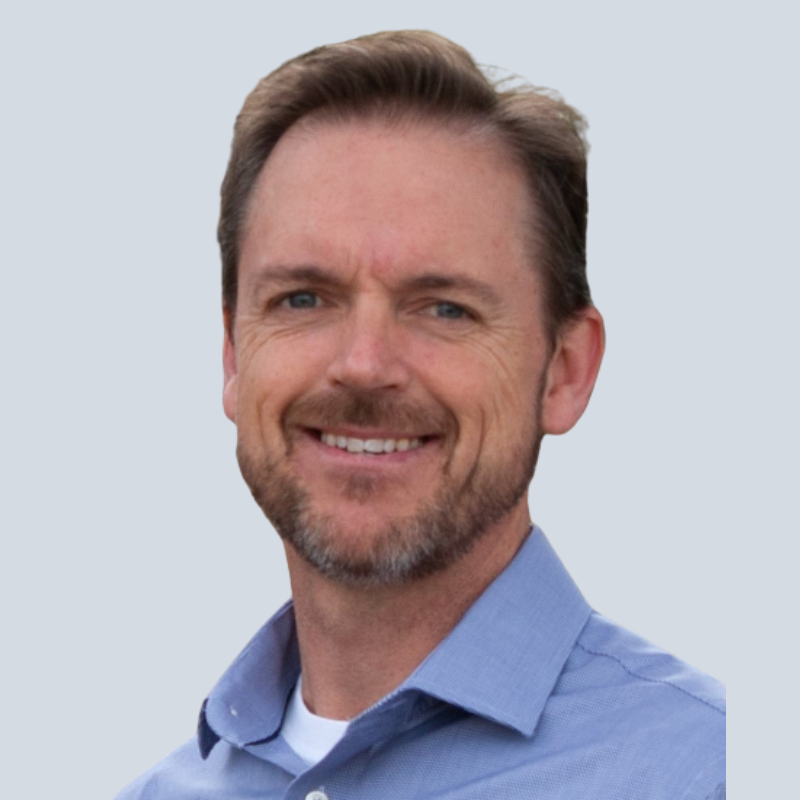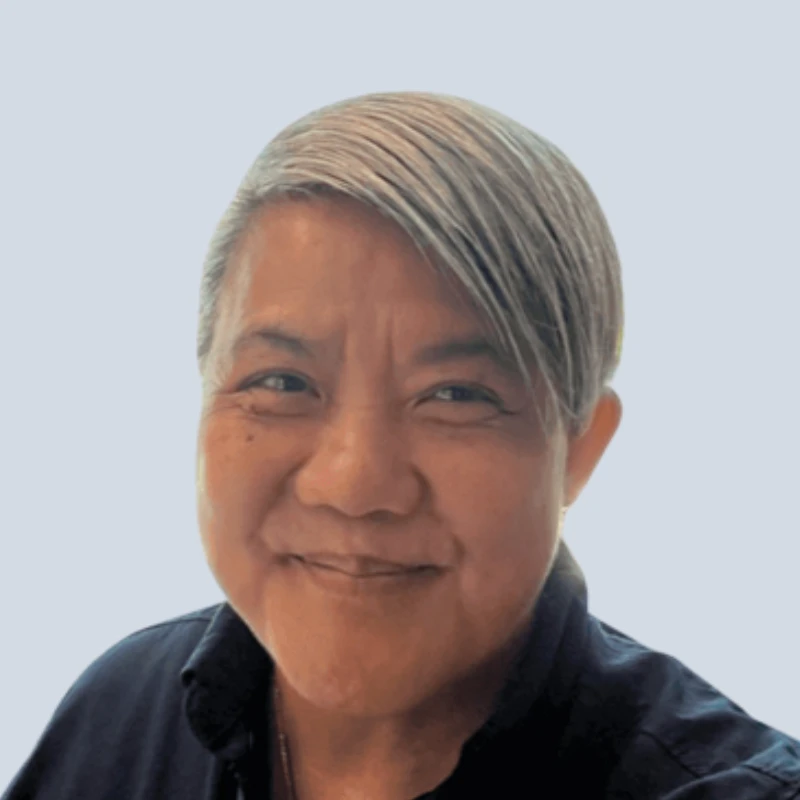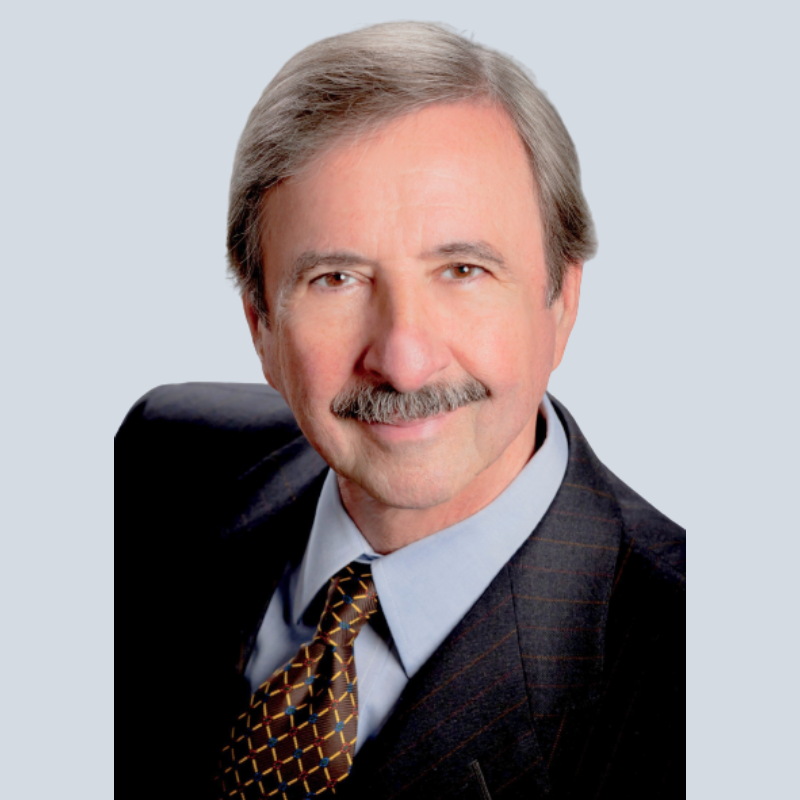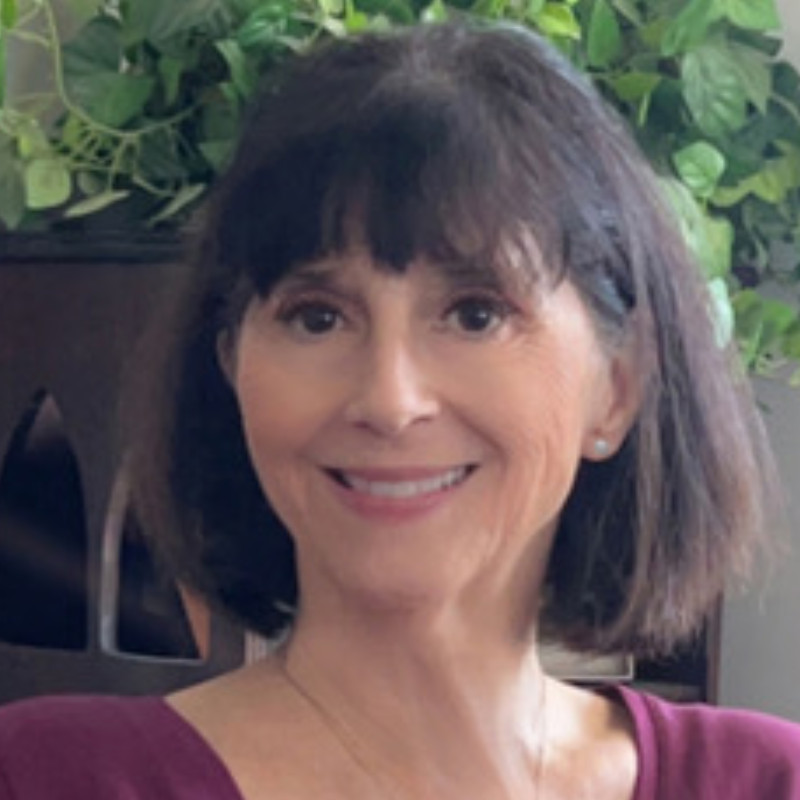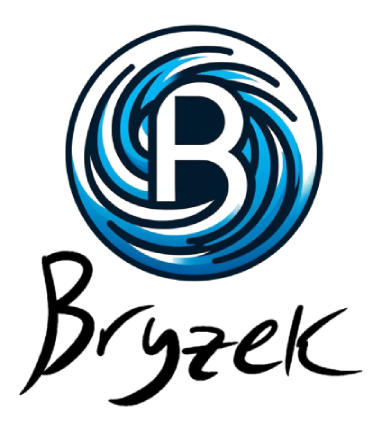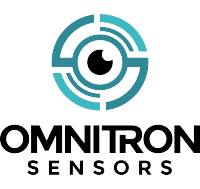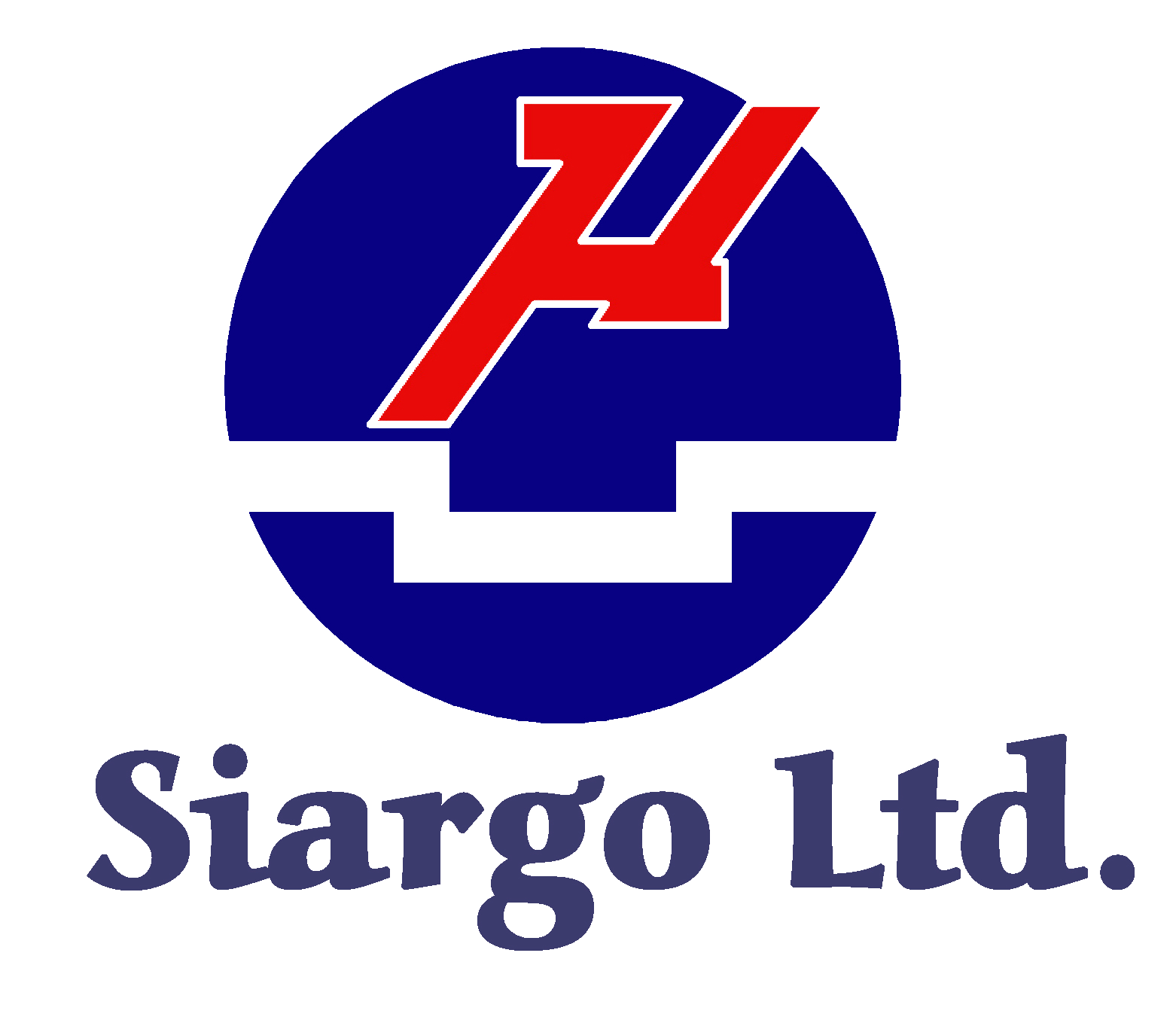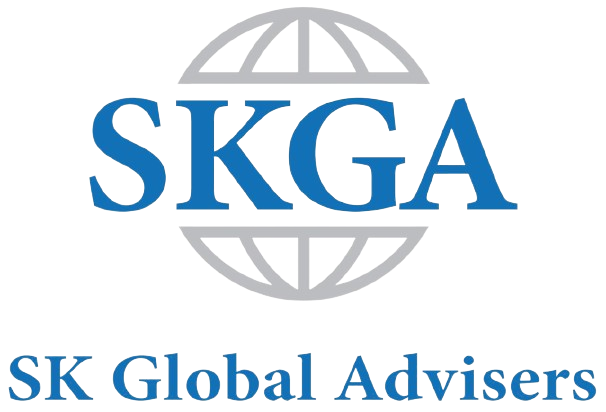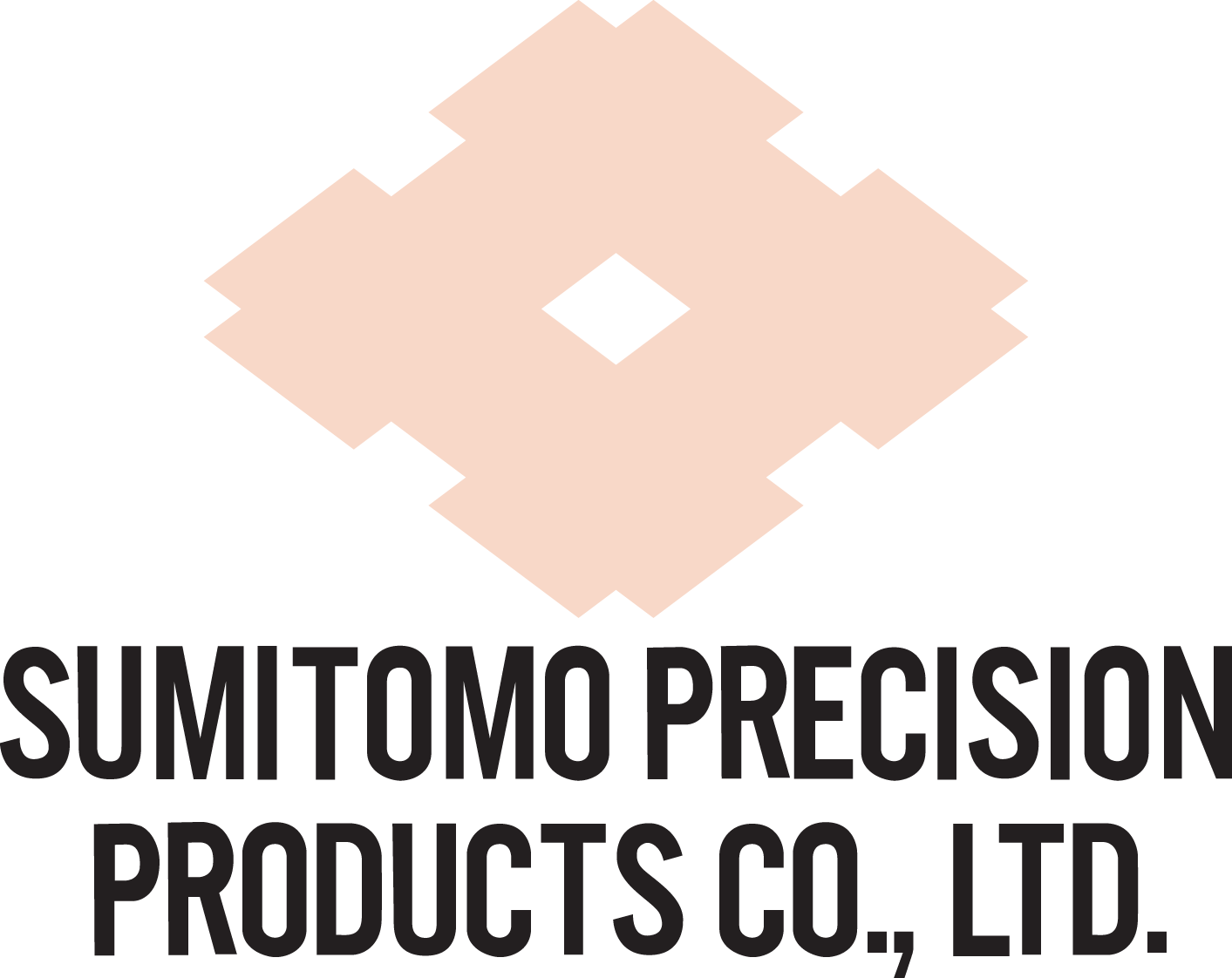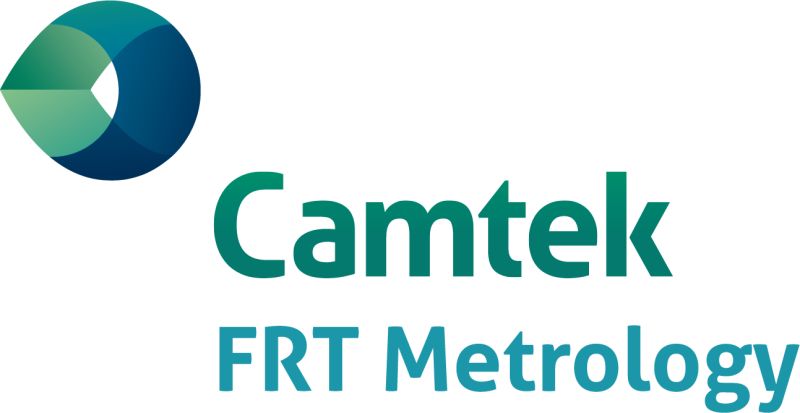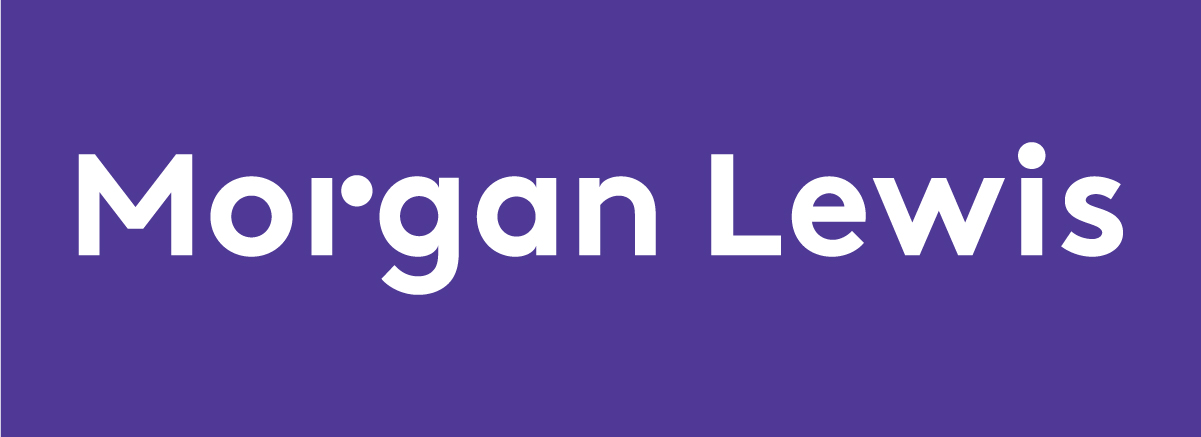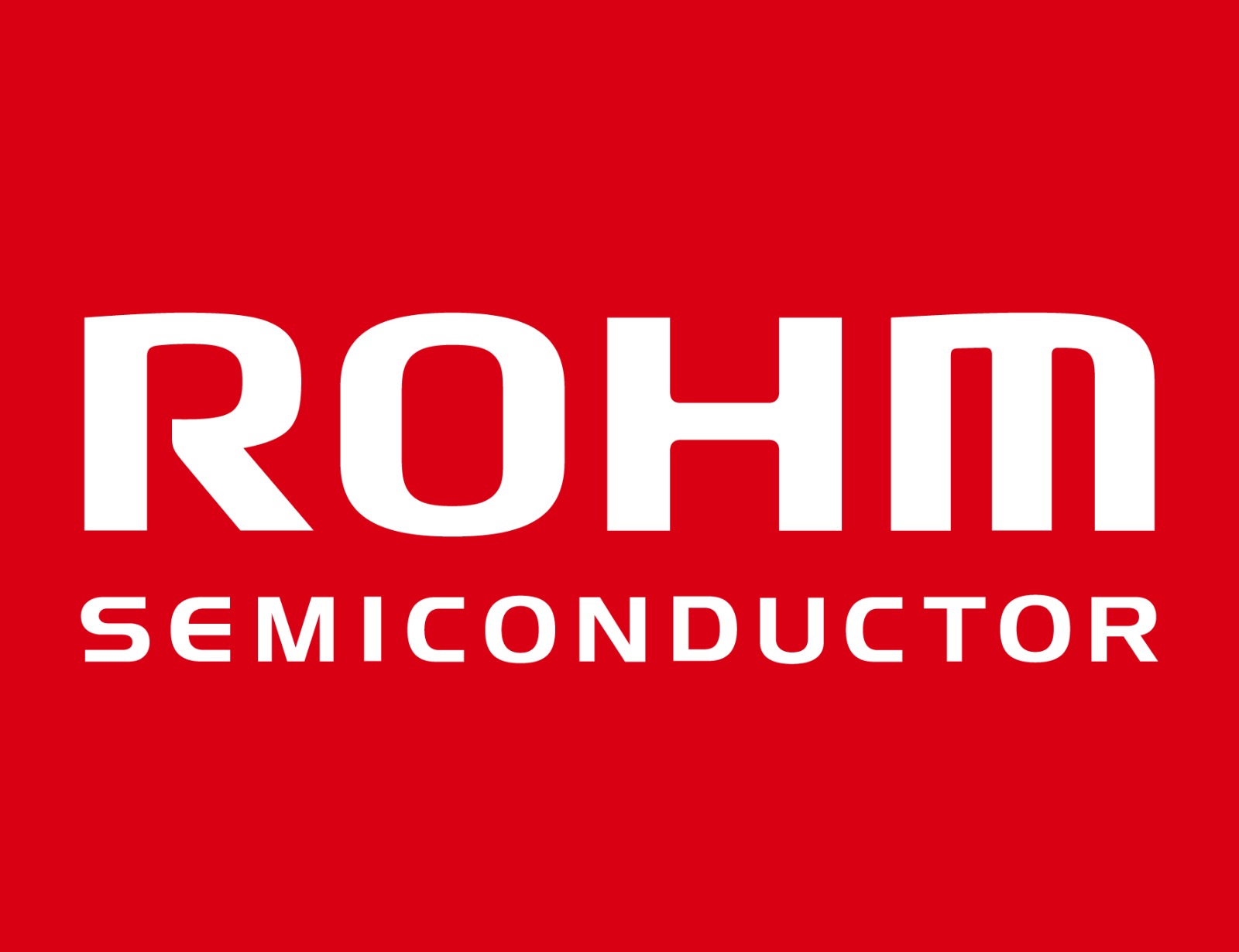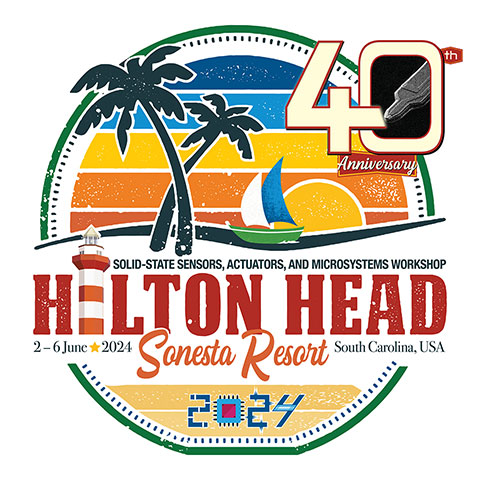The Convergence of MEMS Technology, Entrepreneurism & Abundance.
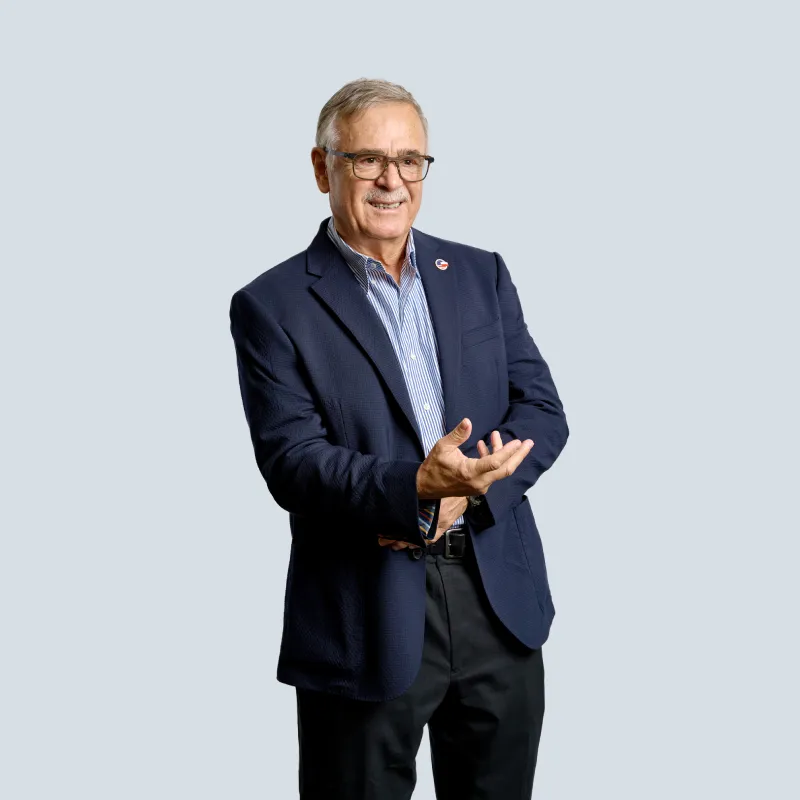
The Abundant Nexus
MEMS, Entrepreneurism and Abundance
This event is motivated by a deep commitment to pay tribute to the enduring legacy of Dr. Janusz Bryzek who passed away in November 2022. Janusz was a renowned pioneer in the field of micro-electromechanical systems (MEMS). He commercialized his MEMS passion with 11 companies over his career: from pressure sensors to multiplexers, IMUs to ultrasonic imagers. He was an optimistic technology enthusiast who saw the abundance of ubiquitous low-cost MEMS devices as a means of improving the lives of everyone. In short, he operated at the convergence of MEMS, Entrepreneurism, and Abundance.
Keynote Speakers
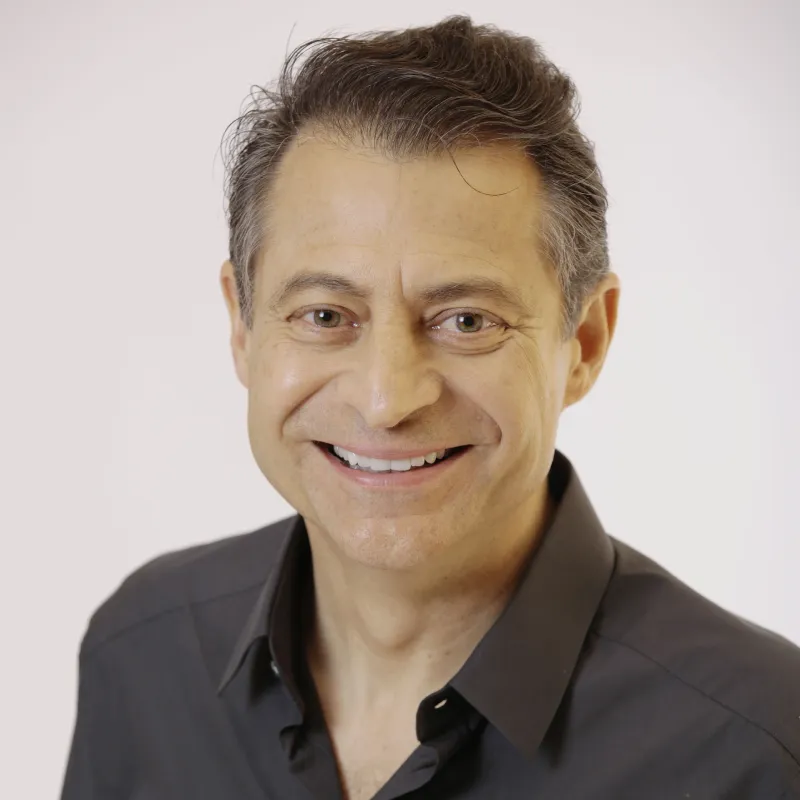
Peter Diamandis
Founder and Executive Director of the XPRIZE Foundation & Executive, Founder of Singularity University
Guest Speakers
Panelists
Committee
Organizer
Venue
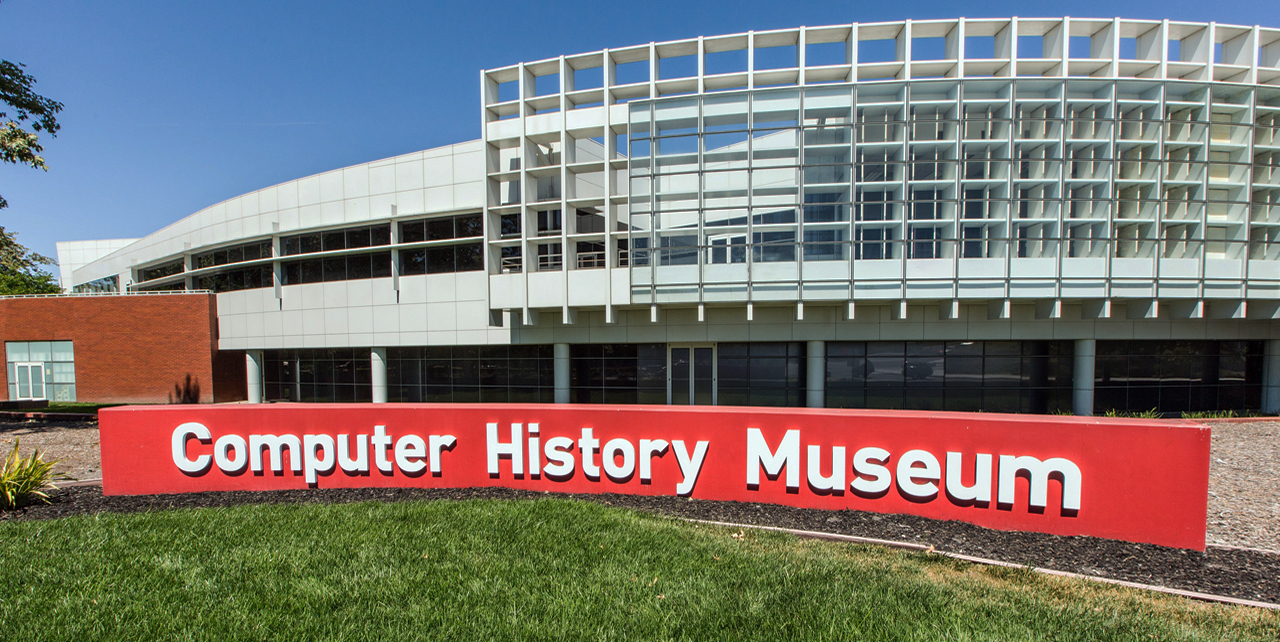
- 1401 N Shoreline Blvd, Mountain View, CA 94043
- April 24, 2024
Abundant Nexus Conference
The Convergence of MEMS Technology, Entrepreneurism & Abundance.
Accommodations
Although we have not arranged for room blocks with any specific hotels near the Museum, this link will show you many choices, and distances from the Computer History Museum. This list is hotels only, and the dates entered are April 23-25, but you can filter many different ways.
Our Sponsors
PLATINUM
Gold
Silver +
Silver
Our Partners
Program & Agenda
April 24, 2024 | Computer History Museum, Mountain View, CA
- Breakfast and Registration
- 7:30 am – 9:00 am
- Welcome and Introduction
- 9:00 am – 9:15 am
Brian Bircumshaw, Abundant Nexus Chair Vice President of Product Engineering, Exo Imaging
SESSION ONE
- Includes Break and Lunch
- 9:15 am – 1:30 pm
Success in the World of One Product, One Process
Edvard Kälvesten, Founder, and Magnus Rimskog, Sales Director, Silex Microsystems
MEMS Past and Present
Franz Laermer, Bosch Research Fellow, Robert Bosch GmbH and Stefan Majoni, Director, Bosch MEMS Foundry
Combining MEMS & Abundance in Creating a Company
Sandeep Akkaraju, Co-Founder and CEO, Exo Imaging
Serial Entrepreneurism: Lessons in Innovation and Research
Curtis Ray, Head of Business Development, Omnitron Sensors
Crossing the Chasm: from Academic Lab to Consumer Pockets
David Horsley, Co-Director, Institute for NanoSystems Innovation, Northeastern University
SESSION TWO
- 1:30 – 4:45 (includes breaks)
Keynote: Age of Abundance
Peter Diamandis, Founder and Executive Director of the XPRIZE Foundation & Executive, Founder of Singularity University
The Secret of Successful Fundraising
Weijie Yun, Founder and Managing Partner, Tyche Partners
SESSION THREE
- 4:45 pm – 6:00 pm
Panel Discussion : The Future of MEMS
Moderator: Swaminathan Rajaraman, Associate Professor in NanoScience Technology Center (NSTC) and the Department of Materials Science and Engineering at University of Central Florida (Orlando, FL)
Panelists:
- Alissa Fitzgerald, Founder and CEO of A.M. Fitzgerald & Associates, LLC.
- Evgeni Gousev, Senior Director of Engineering, Qualcomm Research
- Mary Ann Maher, CEO, SoftMEMS, LLC
- Kris Pister, Co-Director of the Berkeley Sensor and Actuator Center (BSAC) and the Ubiquitious Swarm Lab
- Shad Roundy, Associate Professor, Department of Mechanical Engineering, University of Utah
Wrap Up
Brian Bircumshaw, Abundant Nexus Chair Vice President of Product Engineering, Exo Imaging
- RECEPTION
- 6:00 pm – 8:00 pm
For questions or more information please contact Bette Cooper at 1-650-714-1570 or bcooper@mepcom.net

